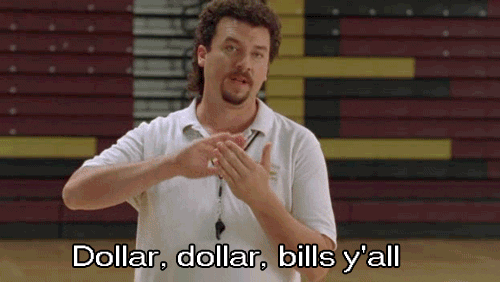When you’re bisexual, you get used to people mislabeling you. You get used to people misunderstanding you. You get used to people making assumptions about you.
They think they know your identity better than you do. They think that their limited knowledge of bisexuality somehow holds more weight than your own experiences. They think they know you better than you know yourself.
Your motives get called into question, as do your actions and thought processes. Your very identity is put up for debate by people who have done little to no research on the topic in question.
This ignorance subsequently appears in the life of every bisexual; but it appears perhaps in no more common way than mislabeling, with misnomers changing depending on who the bisexual in question is dating.
What is comes down to is that when you date someone of your own gender as a bisexual, you are labeled “gay,” and when you date someone of a different gender as a bisexual, you are labeled “straight.”
This phenomenon is why every person I have dated or will date needs to be okay with lots of bisexual jokes and puns. When my current partner asks me to choose between Cuban or Italian for dinner because he could “go either way,” he needs to be prepared for me to say “I know someone else who could go either way,” accompanied by a goofy grin and lame finger guns.
Because, even though my partners know of my bisexuality and are very accepting of it, (it’s a requirement) there’s still a nagging urge to remind myself and the world that I’m #StillBisexual, my identity is still valid, and I’m still wildly attracted to both Jensen Ackles and Kerry Washington.
The urge is, of course, created out of a need to prove the outside world wrong when they deem me “gay” or “straight” simply because it’s easier for them to wrap their minds around something less fluid than bisexuality.
Either way is annoying, because whether people label you as “gay” or “straight,” they are attributing to you an identity that simply does not fit. We bisexuals remain bisexual regardless of past, present, or future relationships.
However, in my experience, while either incorrect label is frustrating, there is one way that is arguably preferable.
I’d rather be labeled “gay;” a label under which I strangely feel more comfortable in my bisexuality when dating a woman, or someone of my own gender.
See, when I’m labeled a lesbian, at the very least, I’m still a member of the community. I’m still accepted in queer spaces and am still able to outwardly express my queerness.
When I’m with a man, or someone of a different gender than myself, I’m straight-washed. This hovering, overpowering heteronormative society we live in eagerly snatches me up and tries to mold me to fit into its vision for the world. My queer identity becomes erased entirely.
I didn’t go through the coming out process, and go through many moments of self-reflection and actualization, only to be pushed back into the closet simply because I’m dating someone of a different gender than myself.
At the very, very least, when I’m labeled a lesbian, I’m still part of the club.
Of course, the takeaway here is that we shouldn’t mislabel. We shouldn’t assume we know anything about someone else’s identity. We should ask questions, and be respectful of the answers we are given, because anyone who asks me about my identity is never going to get anything but “bisexual” as an answer.
I just worry that until we get to a point where assumptions about others’ identities are a thing of the past, and the “B” in LGBT is more prominently recognized, I may also have to try to get used to being hesitantly content being labeled as “L.”


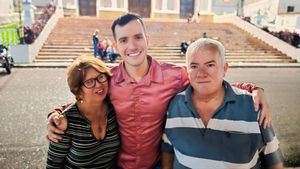


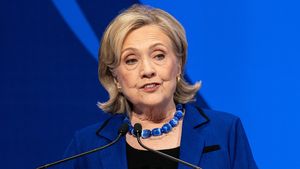
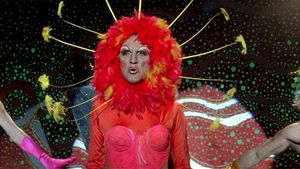






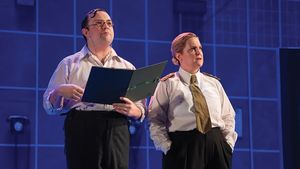


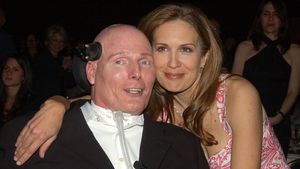
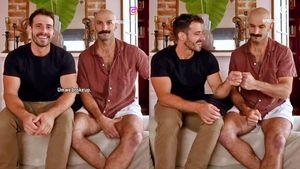

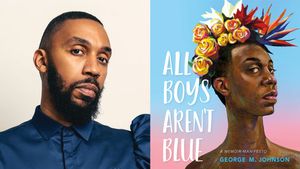







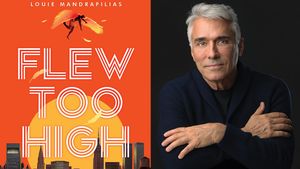


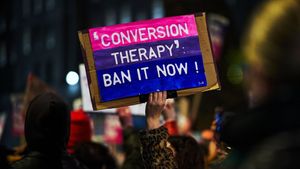



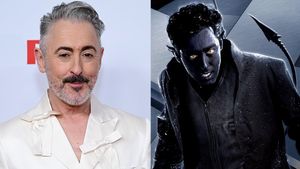



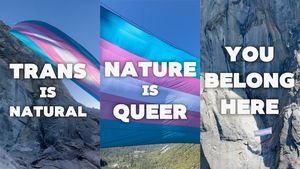









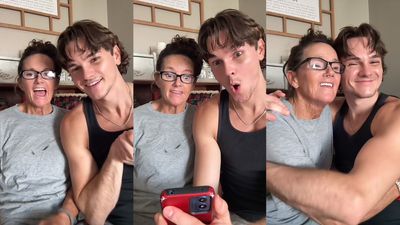
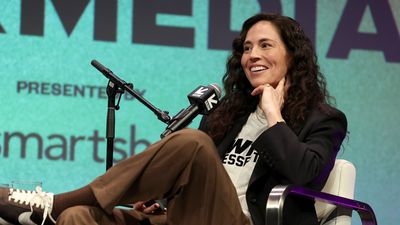




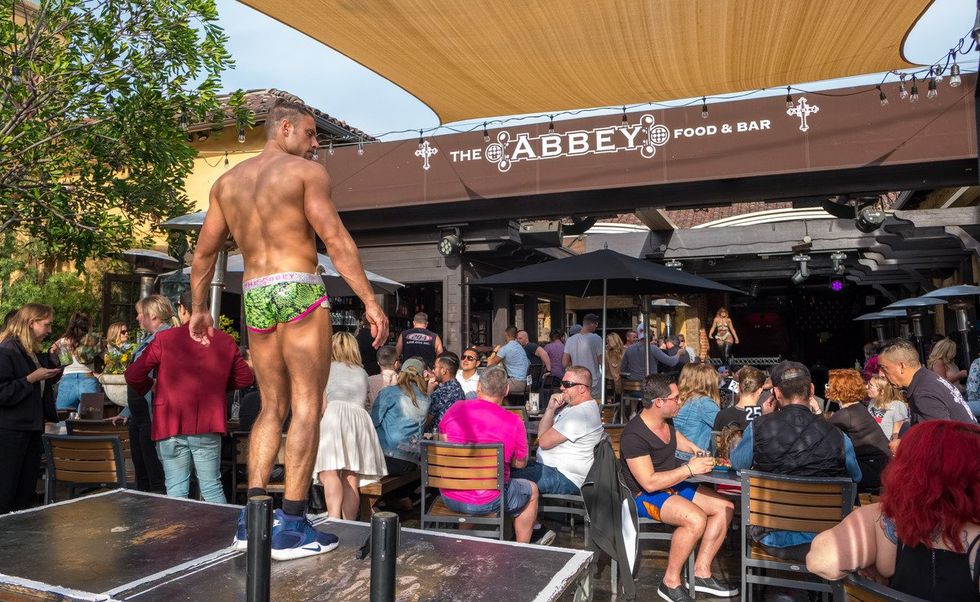
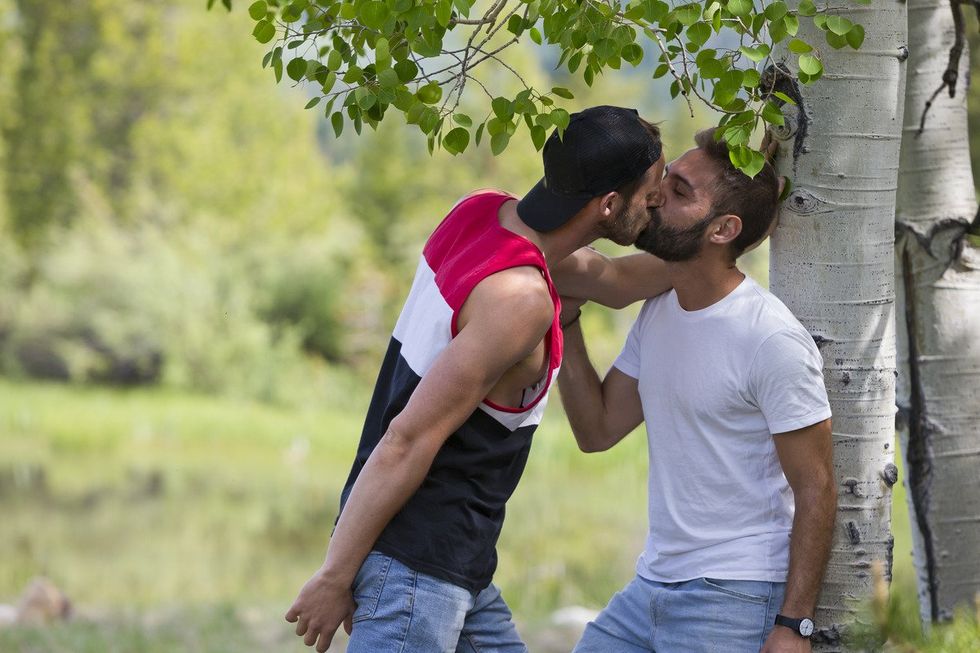








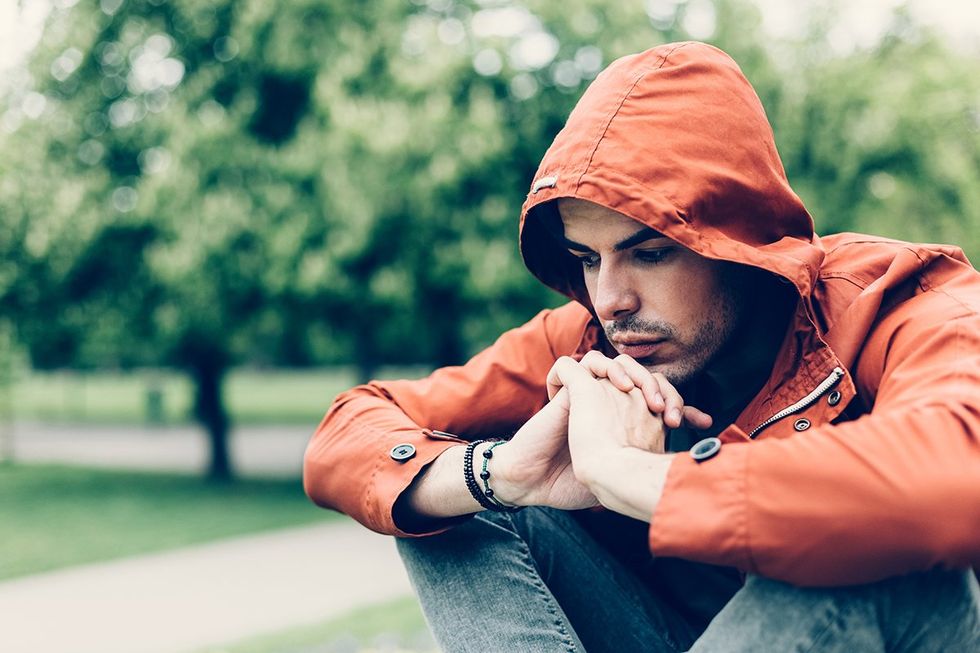

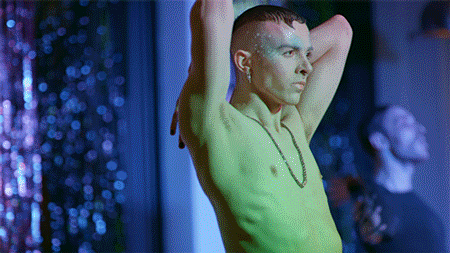 Strike A Pose Mic Drop GIF by FILMRISE - Find & Share on GIPHY
Strike A Pose Mic Drop GIF by FILMRISE - Find & Share on GIPHY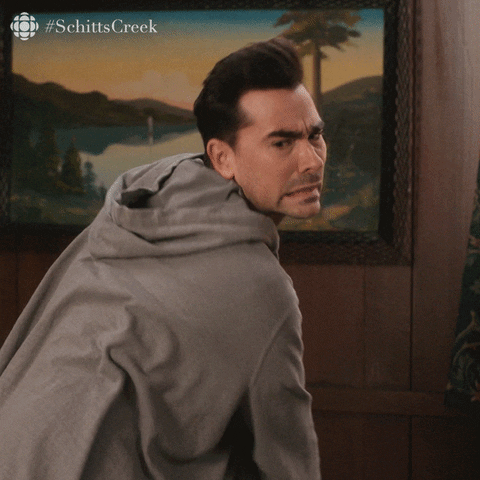 Schitts Creek No GIF by CBC - Find & Share on GIPHY
Schitts Creek No GIF by CBC - Find & Share on GIPHY